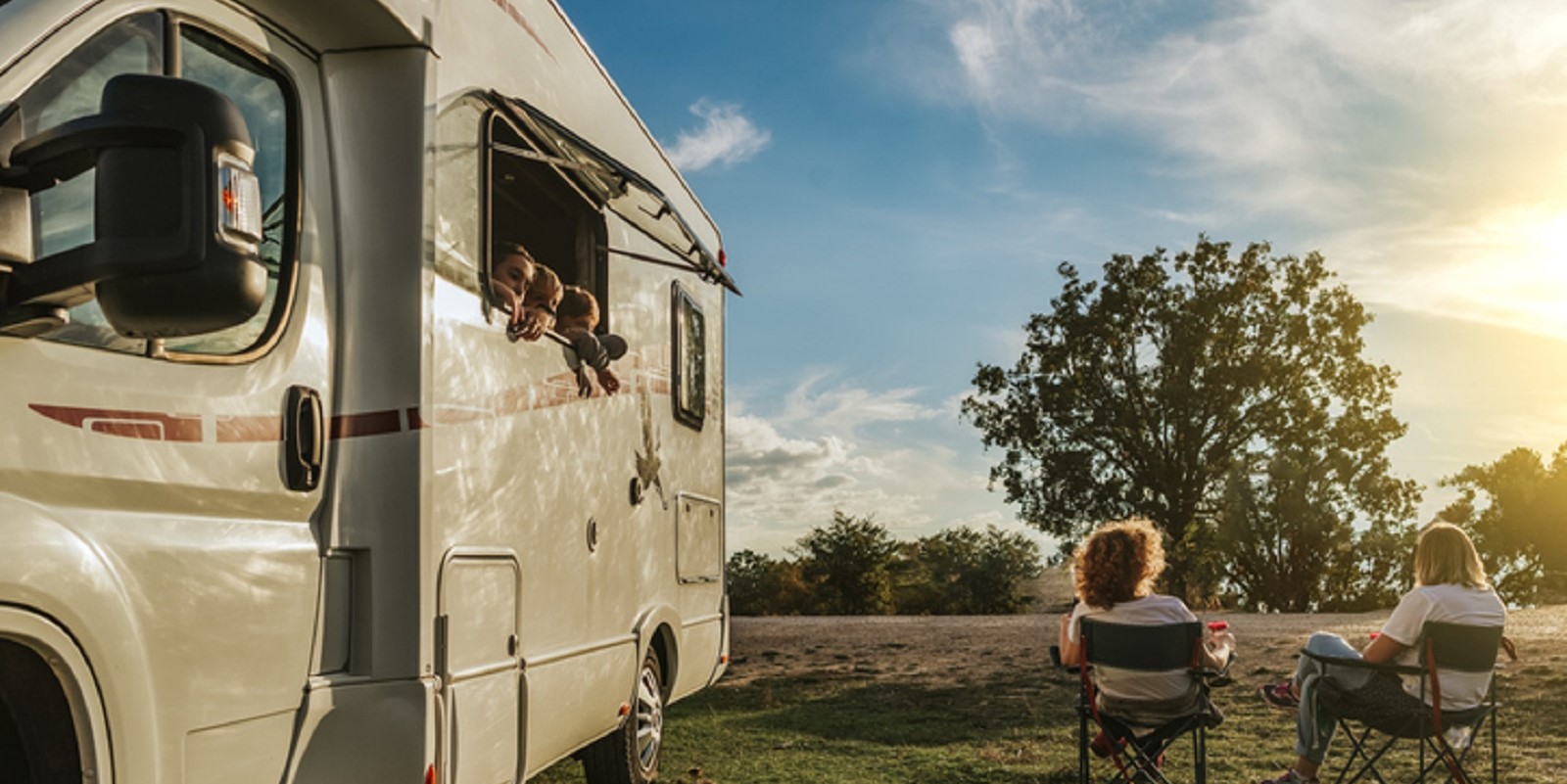Tuesday, July 11, 2023
Beyond being an economical alternative, this is a perfect option for enjoying your vacations in contact with nature. Here are some tips to make your experience even greener
There are a multitude of ways to spend your vacation, as many as your imagination (and budget) will allow. Within this range of possibilities, campsites are an increasingly popular alternative. In fact, according to the latest INE data from May of this year, overnight stays in these accommodations increased by 9.6% compared to 2022, with an occupancy rate of 36% (slightly higher on weekends). In peak summer months, the number of vacationers even exceeds two million.
There is no doubt that it is a more economical way to travel, but beyond giving your wallet a rest, camping implies almost total contact with nature. Campsites are usually located near protected areas of great natural and scenic wealth, as well as being simpler complexes that do not involve too many facilities. In this post, we’ll explain how to make your camping experience even “greener”.
- Type of accommodation
Whether you sleep in a tent, motorhome or prefab cabin, the first recommendation is to choose equipment that is respectful to the planet. To do so, it may help to shop at stores like baBaik, a marketplace for mountain sports products where they give priority to those that are manufactured in a more sustainable way. In fact, everything has an “eco-score” for how “green” its manufacturing and distribution are. Vaude, Trangoworld and Rab are just some of the brands that work to minimize impact.
Sustainable mobility has also reached the world of motorhomes. This is the case of Knaus Sport E.Power Selection, an electric motorhome with an engine that allows it to travel long distances. Independent of the propulsion system, thanks to self-consumption and the installation of solar panels on the vehicle, it is possible to make energy consumption sustainable. - Energy consumption, recycling and reuse
In line with the previous point, while campsites are environmentally-friendly spaces, there are some that go a step further: they are called ecological campsites. One example is the Eco camping Arbizu, in Navarra, whose facilities are bioclimatic, built in wood and natural insulating materials such as straw, sheep's wool or recycled denim cotton. In addition, they are supplied by wind and biomass energy.
Apart from choosing a campsite with the lowest possible impact, as a camper you can incorporate a series of sustainable practices into your routine: recycling, using cloth napkins, stainless steel or wooden cutlery, and avoiding single-use plastic. Also scouring pads and sponges made of organic fibers, and natural and/or biodegradable cleaning and hygiene products. Avoid containers and use bars of soap as much as possible, whether for the body, hair or dishes. In addition, always carry reusable bags and bottles made of other more environmentally-friendly materials, such as bamboo, or stainless steel thermoses. Also, whenever possible, use public transportation, ride a bicycle or walk. - Activities
The campsite is a total connection with nature, where you can enjoy ecological surroundings in the open air. Its location allows for numerous hikes and excursions, trekking, mountain biking, canyoning, climbing, canoeing and an endless number of plans linked to rural tourism, adventure and nature, so it is important to know how to enjoy the environment without interfering with it. For this purpose, many campsites have ecological workshops, farms, and orchards, and organize agritourism activities in nature and the rural areas they are located in. At the Ecocamp Vinyols campsite in Tarragona, there are workshops on home remedies, regional cuisine, clothes recycling and construction with materials from the environment. The same goes for La Vall de Campmajor in Girona, and Playa de Taurán in Asturias.
- Food
As seen above, many campsites have vegetable gardens and even spaces with farm animals. In addition, you can contribute to sustainability by consuming local food from local businesses. Soaking up the local customs and gastronomy is another way to discover a destination. Many of them even organize cooking workshops, such as in Didot (Castellón), or prohibit disrespectful practices such as barbecues. Avoid gas burners whenever possible; instead, opt for alcohol burners and cook in the areas established for this purpose.
¿Te ha parecido interesante?





